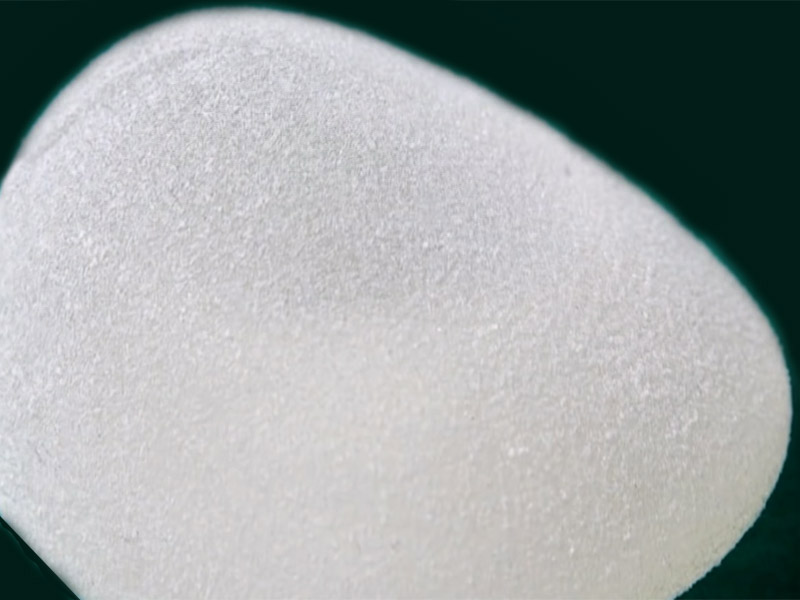Breast Implants Tied to Rare Cancer Recalled

WEDNESDAY, July 24, 2019 (HealthDay News) -- Allergan's textured breast implants will be recalled due to their link to a rare cancer, the U.S. Food and Drug Administration announced Wednesday.
Following a request from the FDA, the company will proceed with a worldwide recall of its Biocell textured breast implant products, the agency said.
The recall stems from concerns about a tumor known as breast implant-associated anaplastic large cell lymphoma (BIA-ALCL).
"The recall of these textured implants is a big deal in protecting women from the potential risks of developing, and dying from, this rare type of aggressive lymphoma," explained one expert, Dr. Joshua Brody.
He directs the Lymphoma Immunotherapy Program at The Tisch Cancer Institute at Mount Sinai, in New York City.
"By preventing further use of these implants, the FDA is helping women to protect themselves from the medically serious and emotionally exhausting effects of these risks," Brody said.
Though very rare, cases of BIA-ALCL appear to be on the rise. The FDA noted that 573 cases of BIA-ALCL, including 33 related deaths, have been reported worldwide -- that's up from the 116 cases and 24 deaths reported earlier this year.
Of the 573 cases, 481 are attributed to Allergan textured implants, the agency said. Of the 33 deaths, 12 of the 13 patients for which the maker of the implant is known had an Allergan textured breast implant at the time of their cancer diagnosis.
"Based on the currently available information, including the newly submitted data, our analysis demonstrates that the risk of BIA-ALCL with Allergan Biocell textured implants is approximately six times the risk of BIA-ALCL with textured implants from other manufacturers marketing in the U.S.," the agency said in a news release.
"Although the overall incidence of BIA-ALCL appears to be relatively low, once the evidence indicated that a specific manufacturer's product appeared to be directly linked to significant patient harm, including death, the FDA took action to alert the firm to new evidence indicating a recall is warranted to protect women's health," FDA Principal Deputy Commissioner Dr. Amy Abernethy said in the news release.
The textured implants being recalled include: Natrelle Saline-filled breast implants, Natrelle Silicone-filled breast implants, Natrelle Inspira Silicone-filled breast implants, and Natrelle 410 Highly Cohesive Anatomically Shaped Silicone-filled breast implants.
According to Brody, "some types of implants induce inflammation, which can both increase the chance of developing cancer, and also help to 'hide' developing cancers from the immune system."
He also explained that the inflammation triggered by textured implants may help foster "[gene] mutations and the expression of immune-suppressive proteins, which prevent anti-tumor immune cells from clearing the cancer."
Also included in the new recall are so-called "tissue expanders," used by patients before breast augmentation or reconstruction. Those products include the Natrelle 133 Plus Tissue Expander and the Natrelle 133 Tissue Expander with Suture Tabs, the FDA said.
In addition, the FDA issued a safety communication Wednesday for patients with breast implants, patients considering breast implants and their health care providers. The communication outlines the known risks and what steps patients should consider when watching for the cancer, including swelling and pain in their breasts.
"The FDA has been diligently monitoring this issue since we first identified the possible association between breast implants and ALCL in 2011 and, at that time, communicated to patients and providers that there is a risk for women with breast implants, more frequently occurring in women with textured implants, for developing this disease," Abernethy said.
"Based on new data, our team concluded that action is necessary at this time to protect the public health," Abernethy added.
"We will continue to monitor the incidence of BIA-ALCL across other textured and smooth breast implants and tissue expanders, as well as other devices intended for use in the breast," Abernethy added. "If action is needed in the future, we will not hesitate to do what is necessary to protect patients."
More information
The U.S. Food and Drug Administration has more on breast implants.

The news stories provided in Health News and our Health-E News Newsletter are a service of the nationally syndicated HealthDay® news and information company. Stories refer to national trends and breaking health news, and are not necessarily indicative of or always supported by our facility and providers. This information is provided for informational and educational purposes only, and is not intended to be a substitute for medical advice, diagnosis, or treatment.

